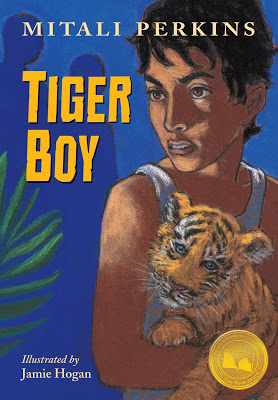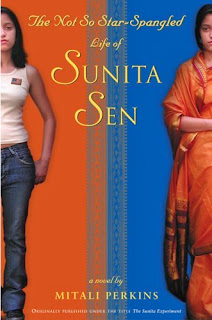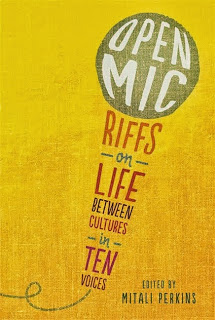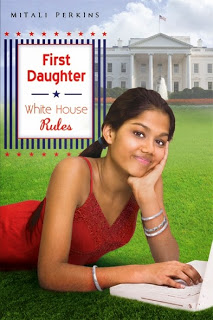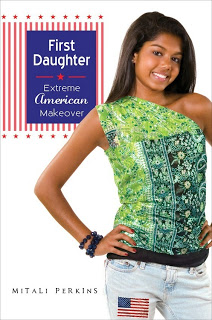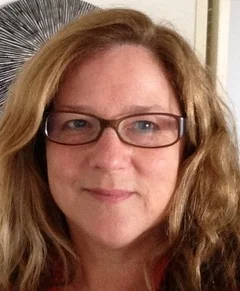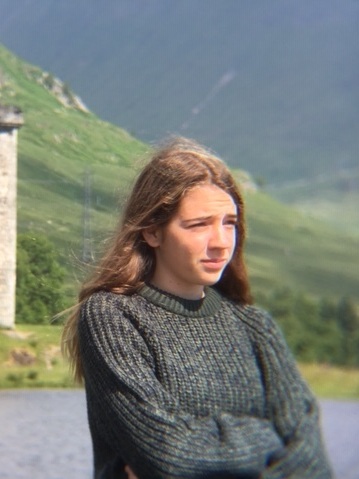This Valentine's Day, we’re excited to share the final installment in our MCWC Scholarship Stories series—with a twist! In honor of Valentine’s Day and the February 15 deadline to apply for a scholarship to MCWC 2021, today we bring you one story in two writers’ voices: MCWC scholarship donor Marion Deeds and MCWC 2020 scholarship recipient Kat Lewis. We hope that Marion and Kat’s stories might inspire you to donate to make MCWC accessible to more writers. Remember, every dollar counts because every dollar changes a writer’s life. Enjoy!
I’m a writer, and I love writing.
Having said that, I’ll be the first to admit that writing is difficult. Having your work respected is even more difficult. The occupation of writing is generally not taken seriously unless you’re one of the handful who routinely have bestsellers and get huge advances. Most of us will never support ourselves solely by doing the thing we love. More basically, for many of us, carving out time to write drafts, mull over ideas, revise, and reflect is a big challenge, since most nonwriters have no idea what the process is. If you’re standing at the window, staring out, they assume, at just the wrong moment, that you’re obviously not busy—since you’re not, you know, writing—so they come up and talk to you, and that glimmer of an idea implodes.
It was always hard for me, and I’m a white woman who is comfortable financially. I had resources. I could usually make time to write on the weekends if I wanted, or use vacation time to begin a revision of a large work.
How much harder is that if you have to work two jobs? Or work and attend classes? And how much harder is it, if you belong to a group that has been systematically diminished, erased, downplayed, and silenced, when you yourself face discrimination every single day?
For me, the Mendocino Coast Writers' Conference was always an oasis, a haven, a retreat. The conference is a treasure trove of resources, and not only the one-on-one sessions, the morning workshops and the afternoon presentations. The connections you make, the friends, people who understand what writing is like, will stay with you forever, and you all provide each other the valuable support writers need. The conference creates the sacred space we each need to welcome and nurture the sparks that flicker in our minds, asking leave to grow.
How do you share something of that much value with those aspiring writers who are brave enough to raise their voices and speak their truths, especially at this time in history? One way is with a scholarship.
I’m honored to be able to provide scholarships to the Mendocino Coast Writers' Conference. I hope the people who get them find the same level of value and inspiration that I always have; that they connect with others, carve out the space they need, and nurture those essential sparks of truth.
Marion Deeds’s gift funds the Octavia Butler Memorial Scholarship for Speculative Fiction and the Voices of Diversity Scholarship. She is the author of the novels Copper Road and Aluminum Leaves, both published by Falstaff Books. Her short fiction has appeared in Podcastle, Flash Fiction Online and the Noyo River Review. Check out her Amazon Author page for anthologized works. Find her on Facebook and on Twitter @mariond_d, and read her reviews and column at Fantasy Literature.
Hear Kat Lewis, recipient of Marion Deeds's scholarship, share her story
My name is Kat Lewis.
I am a twenty-six year old Black writer, and I live in Tampa, FL. I am an MFA student at the University of South Florida, where I teach Composition to college freshmen.
I applied for a scholarship to the Mendocino Coast Writers’ Conference because Julie Buntin is one of my favorite writers. Her book, Marlena, had a great influence on my work, and I am thrilled that I got the opportunity to work with her.
In my workshop, I submitted the opening of my thesis novel. Julie and the rest of the class helped me resolve issues and made me excited to work on this book again. I am now entering the last year of my MFA program, and this experience has given me the confidence to revise and submit a thesis novel that I am proud of.
Thank you for giving me the opportunity to work with one of my favorite writers!
Kat Lewis is the author of the short story collection In and of Blood (Weasel Press). Lewis graduated from Johns Hopkins University where she held the Saul Zaentz Innovation Fund Fellowship. In 2018, she received a Fulbright Creative Arts grant in South Korea. She is currently a MFA student at the University of South Florida.


























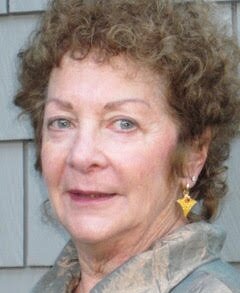







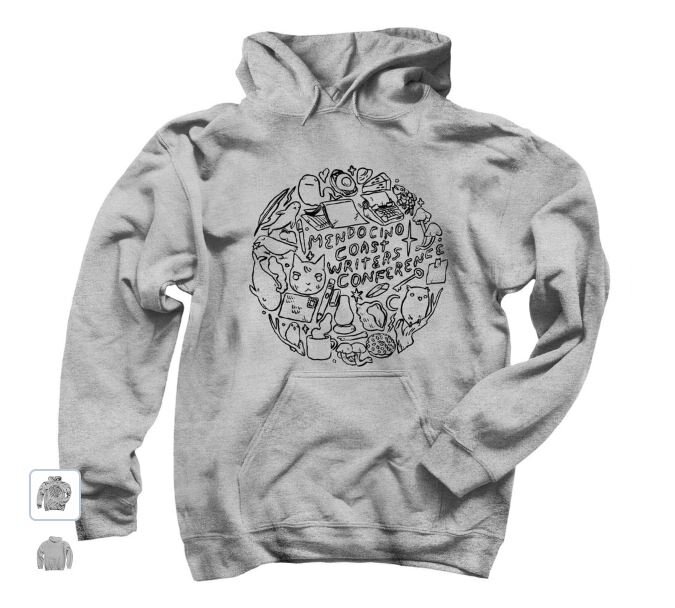
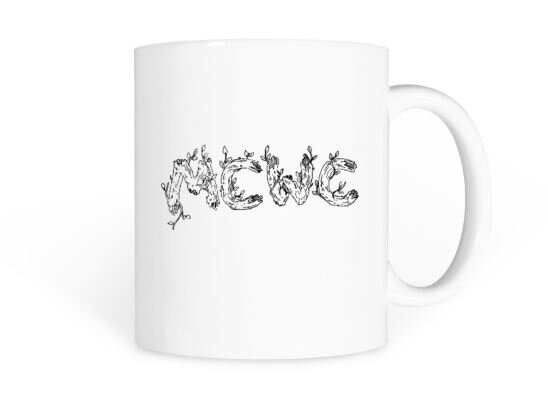



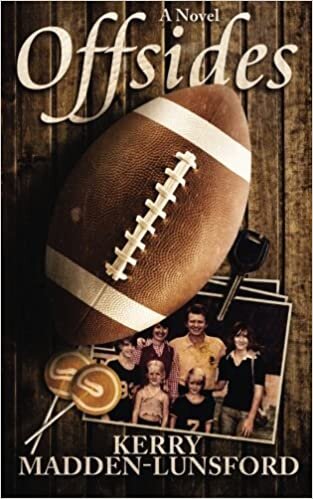
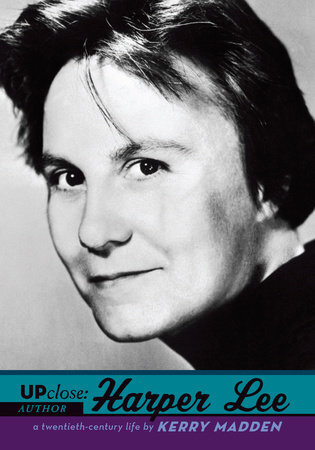
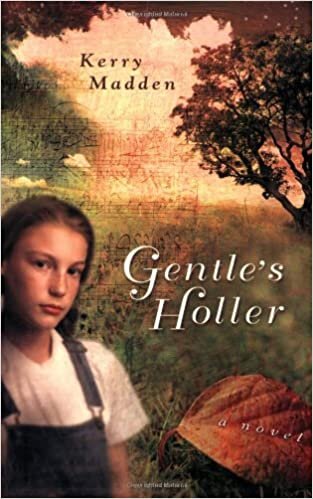
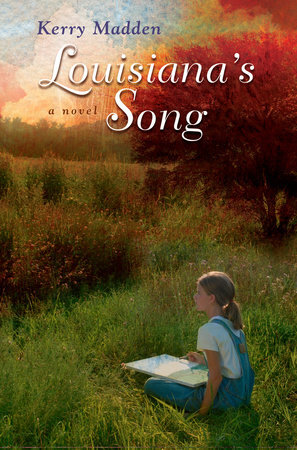
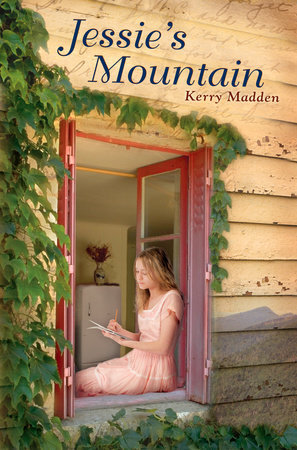



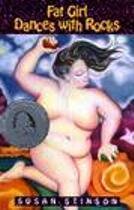

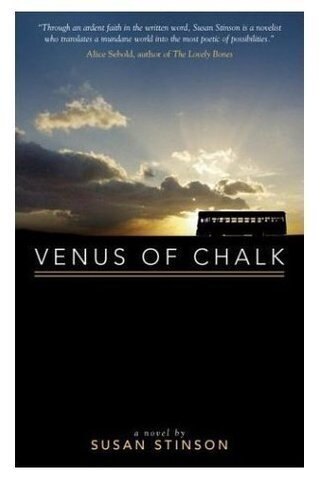

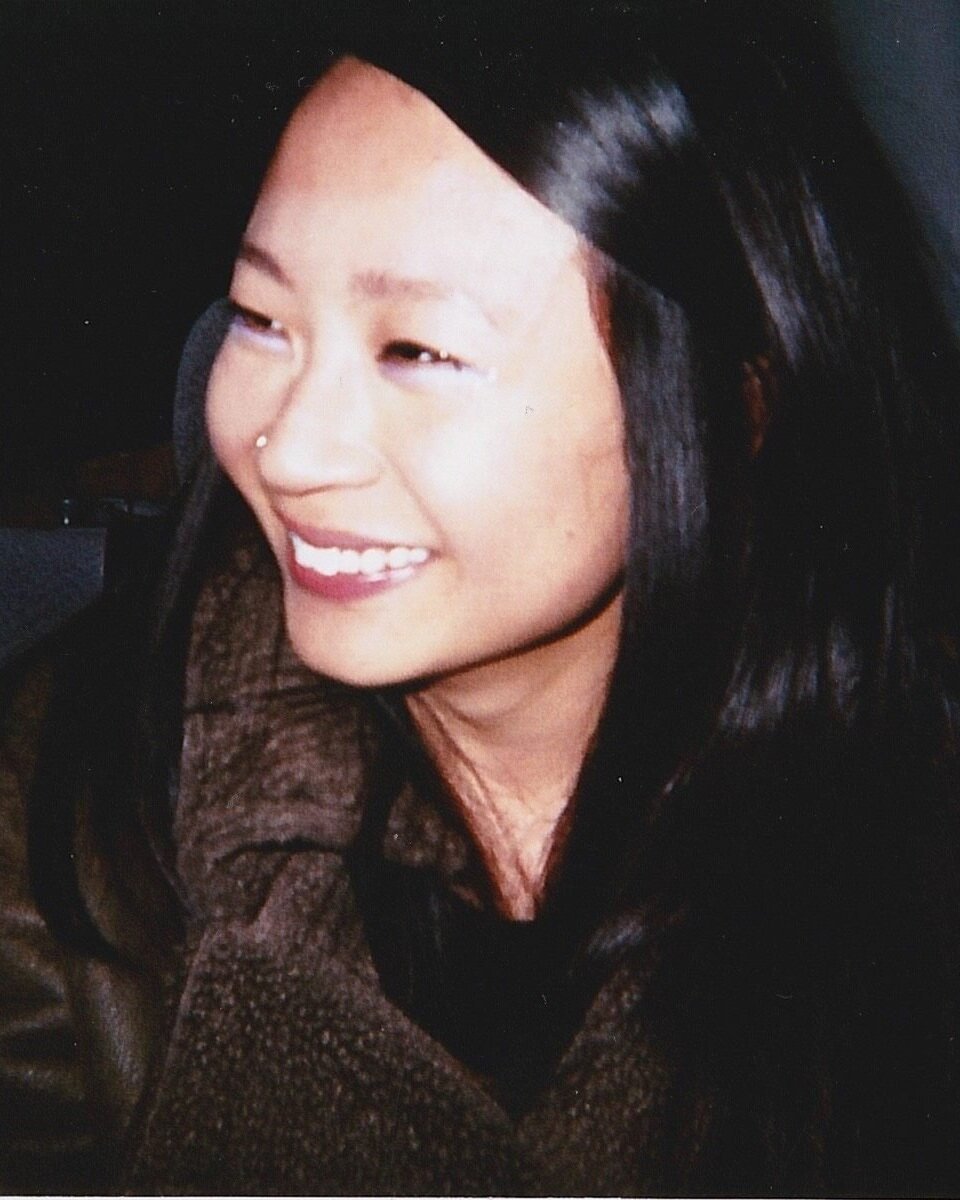




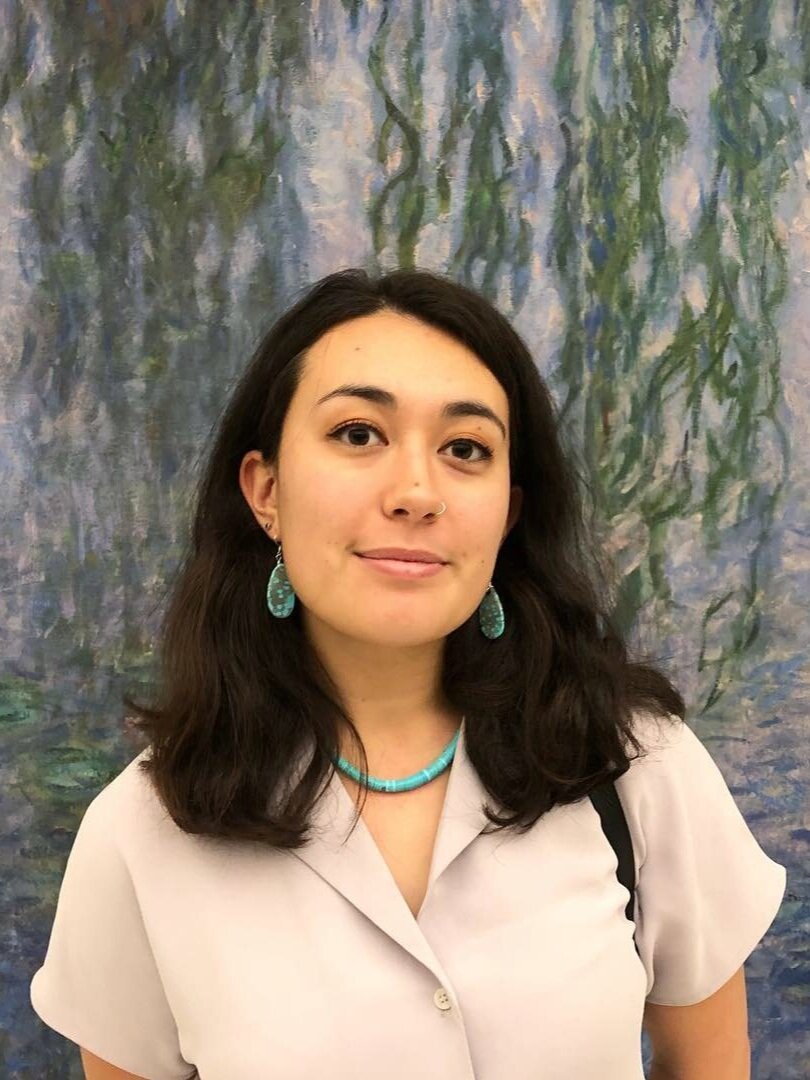


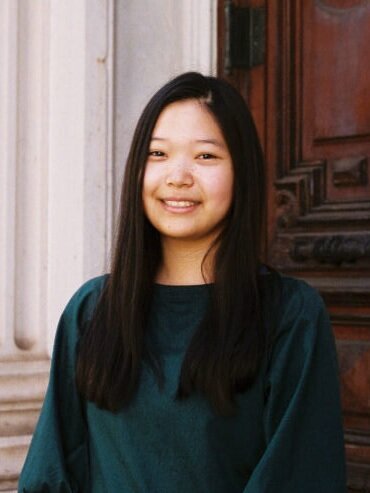
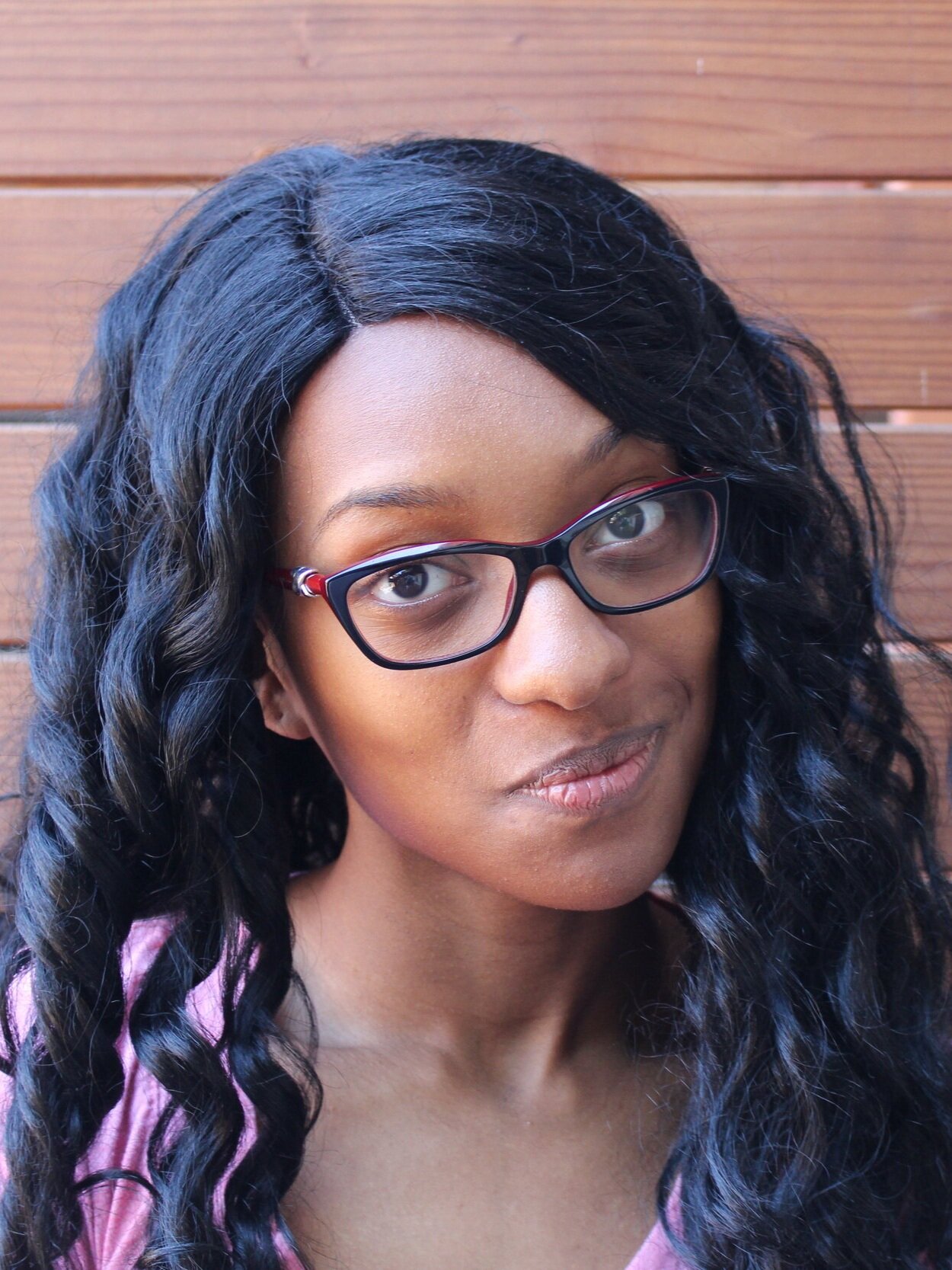











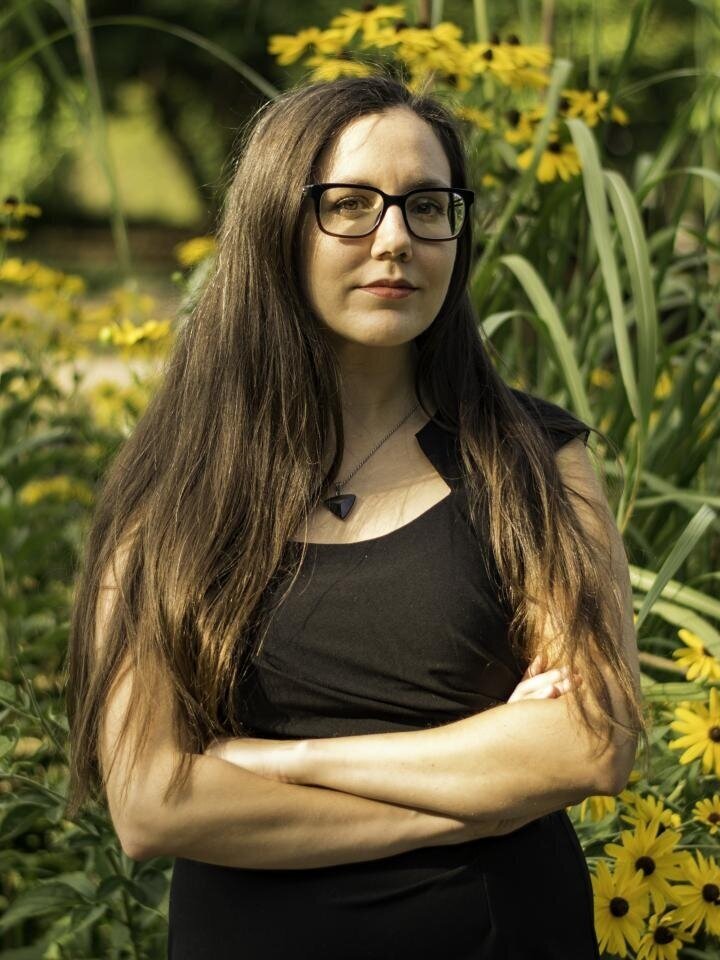
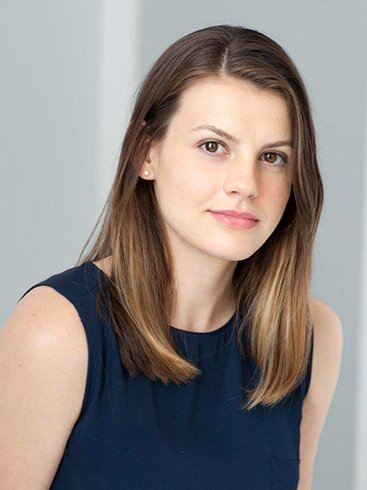











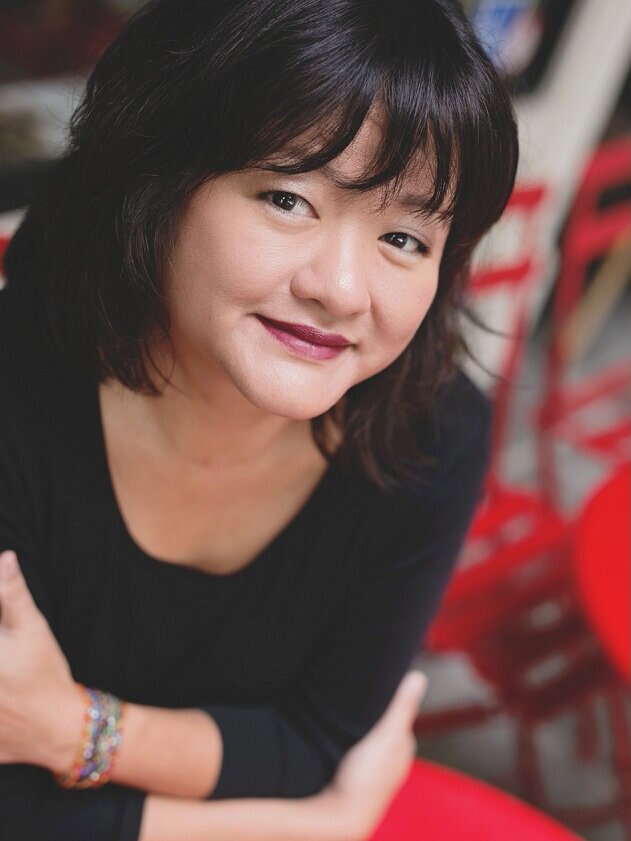








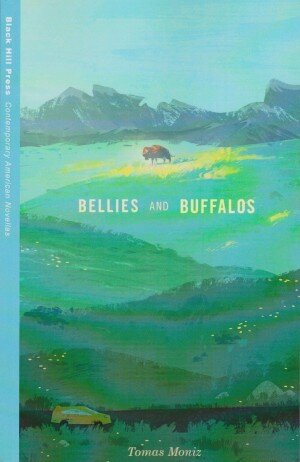
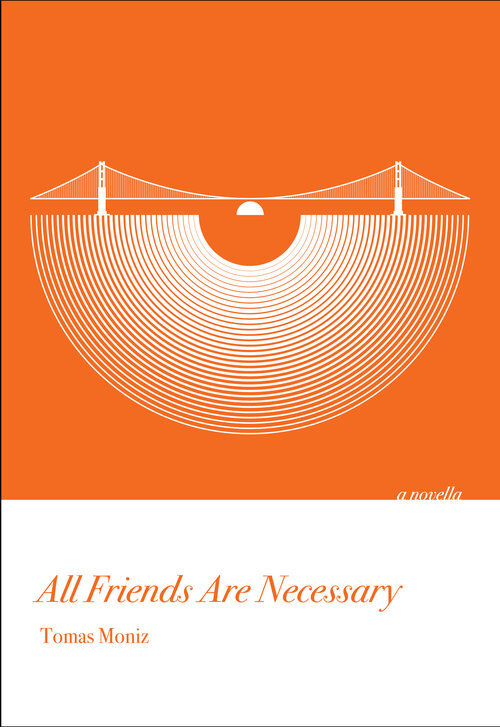
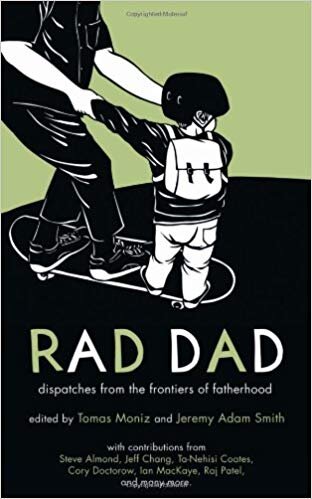
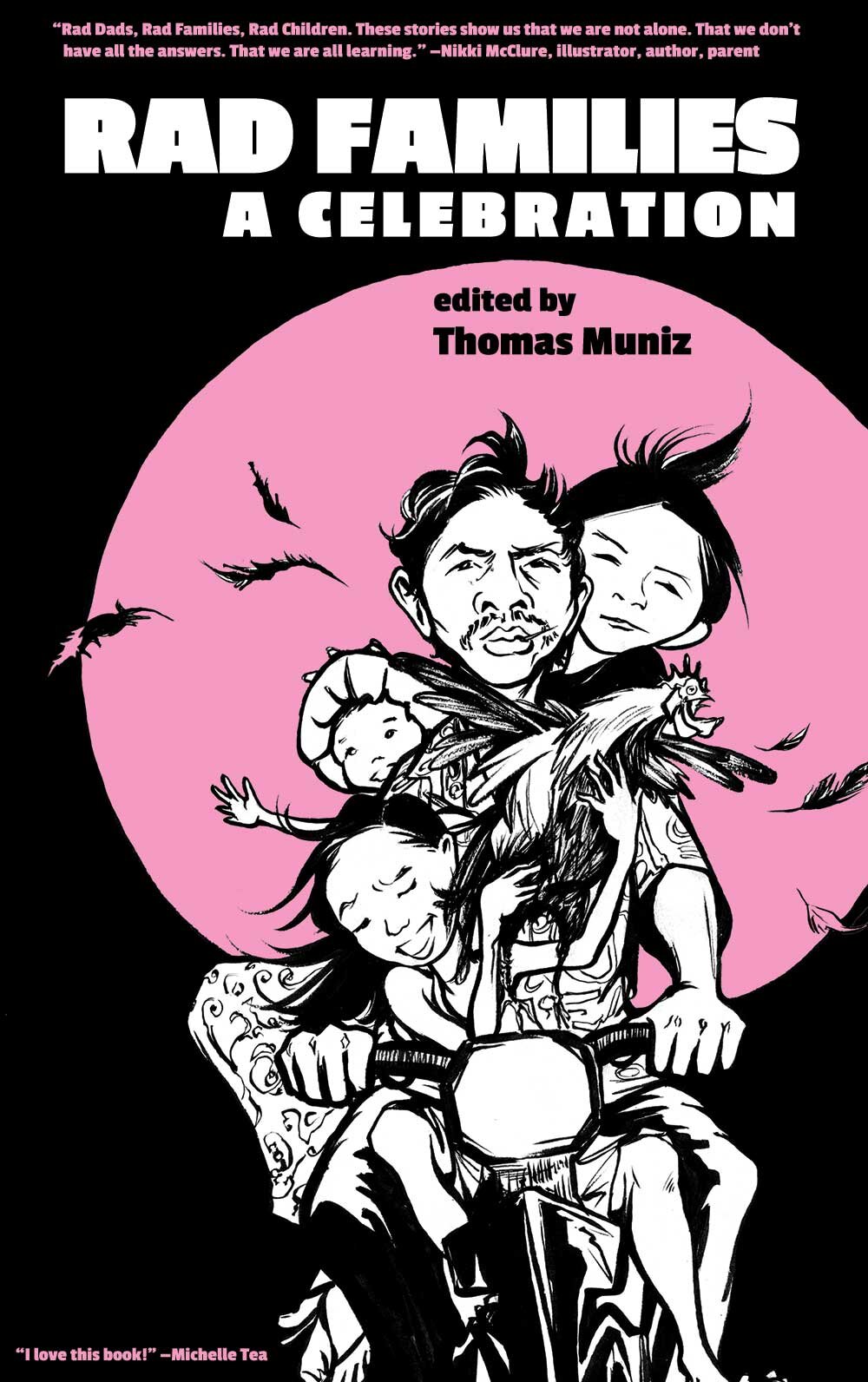

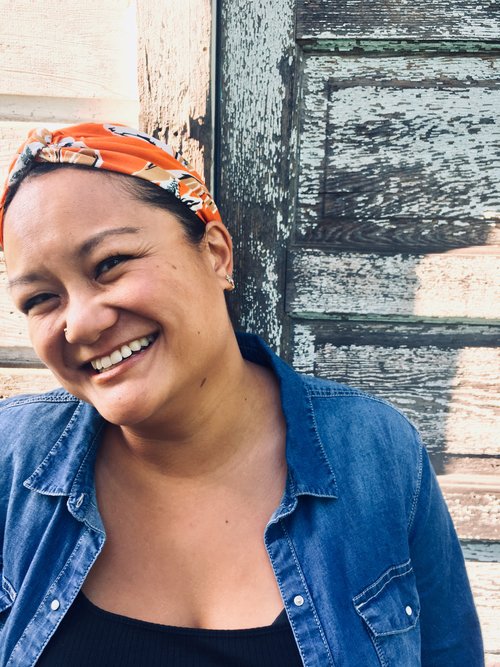
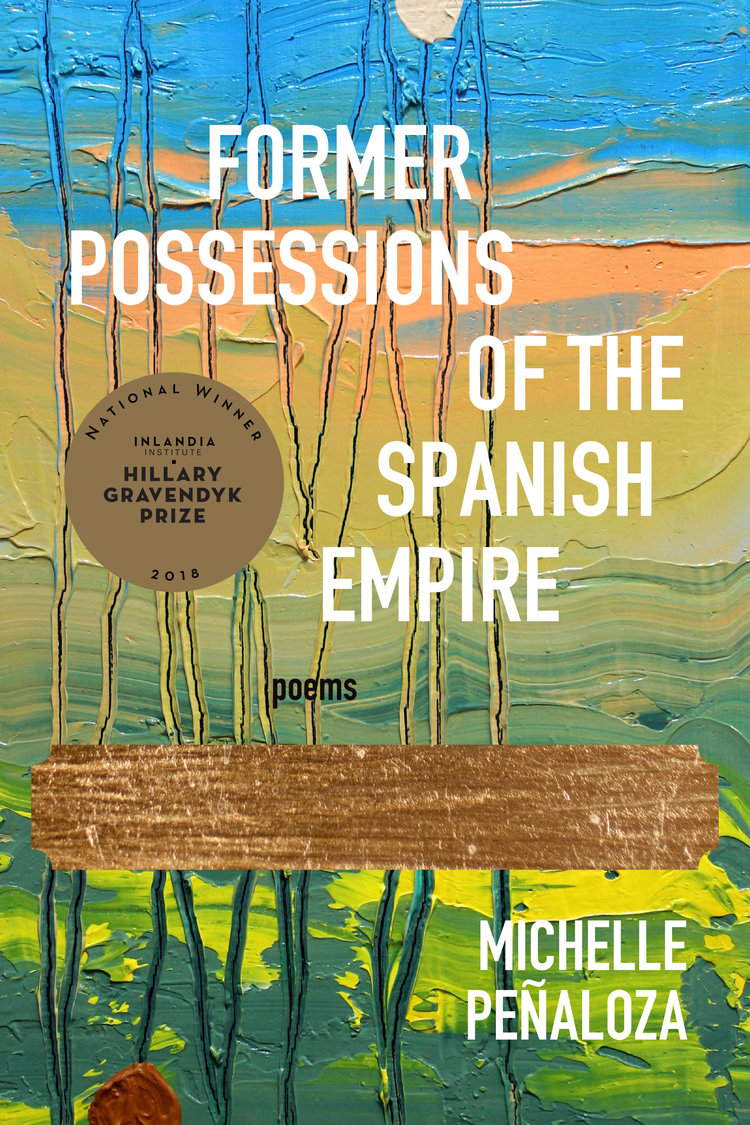

















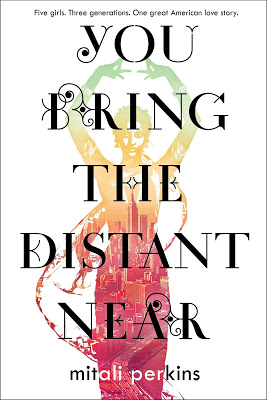
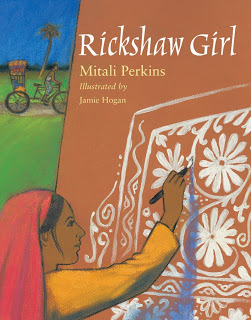
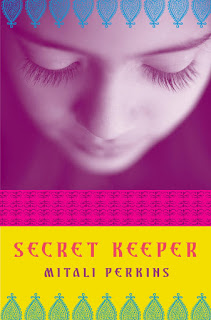
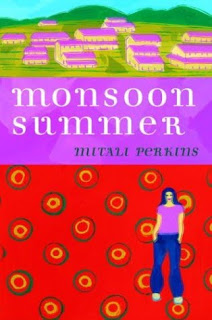
![Bamboo People cover 300[1].jpg](https://images.squarespace-cdn.com/content/v1/57cee15d9de4bb8e1a3b6e5d/1556324317463-OM1X1U7QLT5DXPA000OY/Bamboo+People+cover+300%5B1%5D.jpg)
